
The new prescription drugs from Merck Animal Health are broad-spectrum medications for combating organisms that cause the illness.

The new prescription drugs from Merck Animal Health are broad-spectrum medications for combating organisms that cause the illness.

The EDCC urges precautionary measures as the virus spreads.

The division of Merck & Co, Inc will virtually host a webinar dedicated to educating attendees on the One Health approach to vector-borne diseases

The fellowship displays the institute’s dedication to supporting researchers and future leaders in the biomedical field.
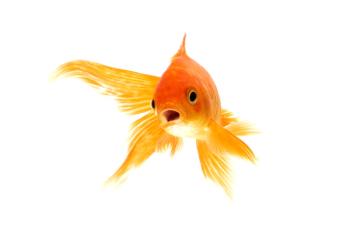
An aquatic species expert shares 6 elements to consider in creating a plan that will mitigate stressors and reduce risk of transmitting pathogens.

Take a closer look at these informative articles covering the latest research surrounding the management and prevention of VBDs in humans and animals alike.
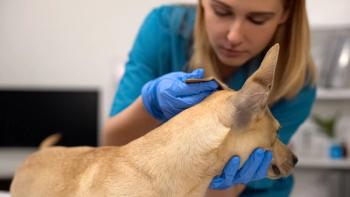
Brian H. Herrin, DVM, PhD, DACVM (Parasitology), explained how acaricidal treatments can help prevent tick-borne diseases at your practice.
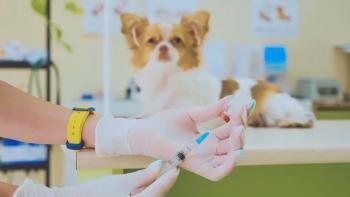
We have compiled a list of the top 10 articles in 2021, here is number 13.
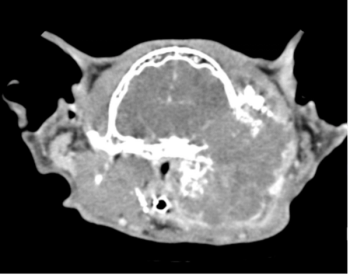
We have compiled a list of the top 10 articles in 2021, here is number 18.

In an interview at the Fetch dvm360® conference in San Diego, Walter Brown, RVTg, VTS, ECC, shared what to know about sepsis including common signs of the condition to bear in mind.
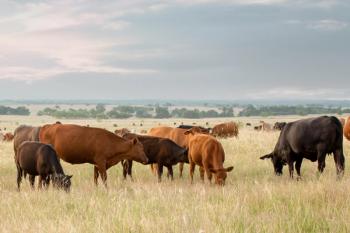
Over the previous 2 years, the animal health sector has created 49 new vaccines and invested $10 billion in research and development as an initiative to help reduce the need for antibiotics.
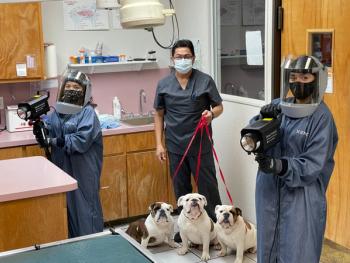
Carrollton West Pet Hospital is the first animal hospital in the world to roll out Deactivate, a high-powered UV designed to quickly destroy germs and disinfect rooms.

During his presentation at the 2021 New York Vet Show, Dr Chris Walzer detailed the latest research on threatening zoonotic diseases affecting human and animal health across the globe.

In light of One Health Day 2021, these 3 articles highlight how this concept and approach can help prevent and solve health threats shared by humans, animals, and the environment.

In a recent interview with dvm360®, Deborah Thomson, DVM, defined the aspects of One Health, plus how they work together to help inform the public on and treat vector borne diseases.

The zoo animals originally experienced decreased appetites, coughing, sneezing and lethargy.

Check out this week's highlights.

Rabbit Hemorrhagic Disease Virus 2 was detected for the first time in this state and caused 2 rabbits to suddenly die.

To address the 9 lions and tigers showing signs of SARS-CoV-2, zoo officials are monitoring the cats closely by managing their access to the outdoor habitats, providing anti-inflammatories and anti-nausea treatment medication, and much more.
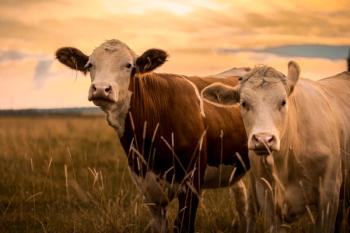
The funding will allow the company to discover the efficacy of its leading compound to further improve antibiotic treatment for bovine mastitis.

Anivive Lifesciences' Chief Commerical Officer Chad Todd, DVM, discussed the future of Anivive Lifesciences including the development of a new vaccine.

This research sheds light on SARS-CoV-2 transmission between humans and various animals including cats, dogs, ferrets, and farm minks.
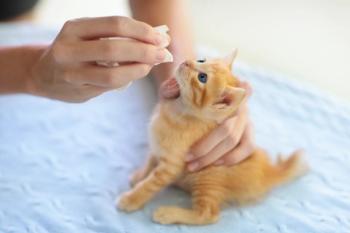
Patients with cystic fibrosis, chronic granulomatous disease, leukocyte adhesion deficiency, myeloperoxidase deficiency, and Chediak-Higashi syndrome may acquire infection.

Earlier this year, the company issued a major international recall after hundreds of dogs became ill or died due to aflatoxin poisoning.

Here's a sneak peek at this week's headlines and industry news.